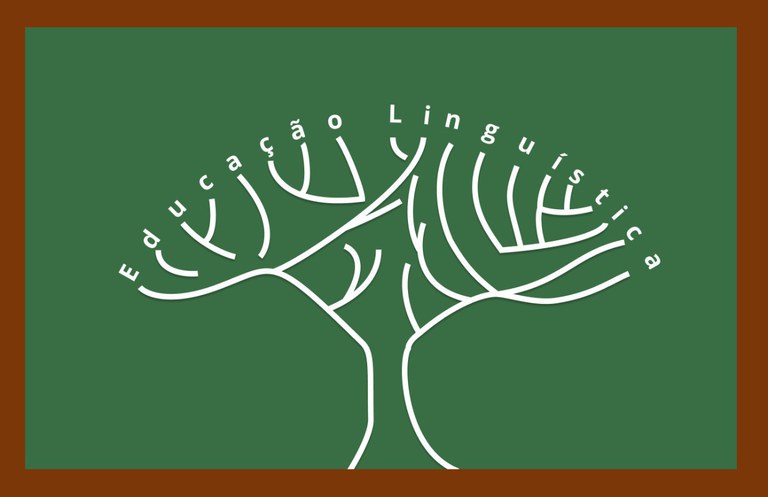Linguistic Education
Why teach linguistics in schools?
 Firstly, it is important to highlight that this does not mean adding “yet another subject” to the curriculum, but rather proposing a different kind of educational activity that can be integrated into lessons in a creative and productive way.
Firstly, it is important to highlight that this does not mean adding “yet another subject” to the curriculum, but rather proposing a different kind of educational activity that can be integrated into lessons in a creative and productive way.
Linguistics, as a science, allows us to understand that language is a social, historical and variable phenomenon, characterized by diversity and constant change. This approach is fundamental to broadening students' perception of language, shifting them from a strictly normative and prescriptive view (which tends to reduce language to a fixed set of rules of ‘right’ and ‘wrong’) to a more critical, reflective and scientific approach.
In this sense, Language Education, as understood in this project, is linked to a scientific-based education, inspired by the concept of scientific literacy (Roberts, 2007) and linguistic literacy (Honda; O'Neil, 1993, 2007; Honda; O'Neil; Pippin, 2010; Ilari; Basso, 2017).
It is, therefore, an interdisciplinary field that deals with the processes of language teaching and learning in its multiple dimensions – both in the context of the mother tongue and additional languages. In addition to covering the development of the four traditional skills (reading, writing, speaking and listening), Language Education promotes the expansion of linguistic awareness, that is, the ability to observe, analyse and evaluate the uses of language in different social and communicative contexts.
Thus, we understand ‘Linguistic Education’ as the set of pedagogical practices and actions aimed at the scientific formation of students, at different levels of education, with regard to the approach to the phenomena of natural languages. Teaching linguistic analysis means, in this context, teaching a scientific method: raising hypotheses, testing them empirically and reaching well-founded conclusions.
At the end of this process, students not only develop transferable analytical skills, but may also discover themselves as future scientists of language, or even of other areas, in an experience that combines intellectual rigour with creativity and the pleasure of discovery.
